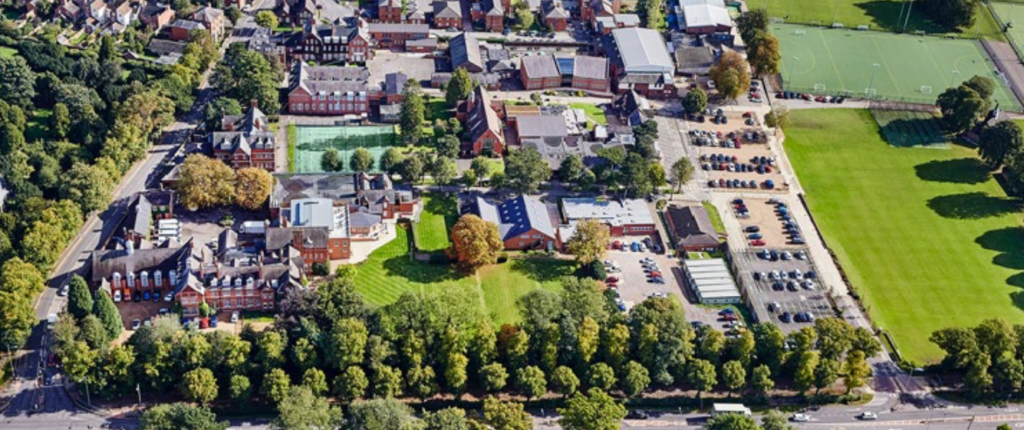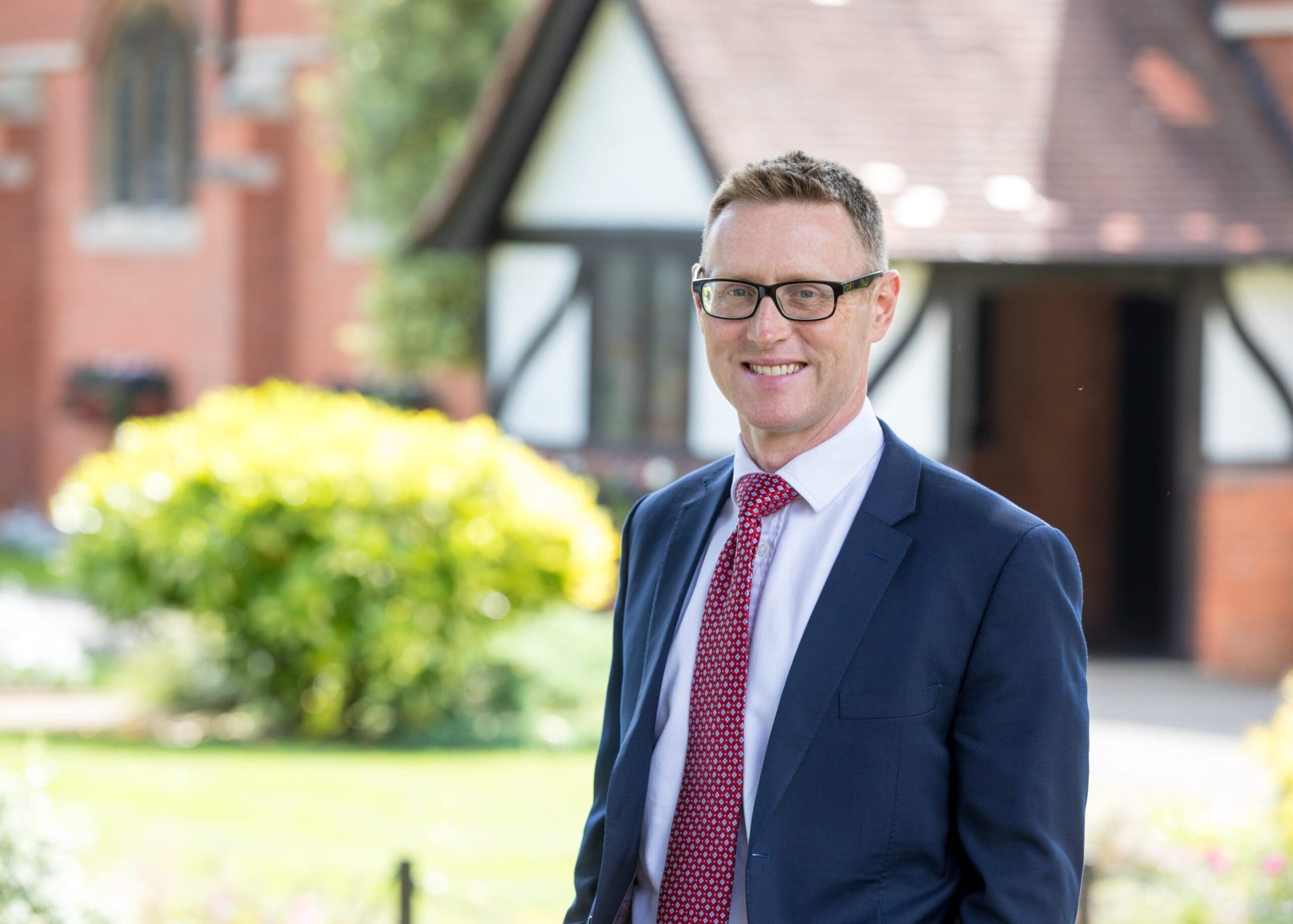Wednesday, March 18 last year is a date that will live long in my memory, as it was that evening that the Prime Minister announced that, owing to COVID-19, schools would be closed to all but vulnerable and keyworker children from Monday March 23.
The successes Wellingborough School has witnessed over the intervening 18 months were based on the fact that Boris Johnson’s declaration was not a total surprise and that we were, to some degree, prepared for the eventuality of being told to shut our doors. Teachers had all received some training in Microsoft Teams, a product which hardly any of us had tried before 2020, and our older students were already experienced in using Firefly, our virtual learning platform, to locate resources and manage the tasks they had been set by teachers.
It is worth noting that the cost of these two tools is less than £20 per pupil, so we were not leaning on what the media would like to portray as private school largesse. Yes, this technology at the school end is useless if the children do not have the means at home to engage with it, which is why the existing knowledge of our families was helpful in loaning laptops to pupils.

Whilst the teachers’ heart rates must have been sky high on that Monday, our preparation meant that lessons happened immediately, and our adventure began. There were, of course, teething problems (interspersed with all sorts of hilarity as a teacher’s young child came into the room asking for a biscuit, or a pupil accidentally unmuting themselves at the most inopportune moment), but the project worked, mainly owing to the teachers replanning all of their sessions for remote delivery and having the positive mindset of tackling the problems they faced, and the students patiently working alongside their teachers and adapting to this new way of learning. So many lessons were learned across that summer term, helping us to make the process more effective for students and building the skill sets of adults and children as we went.
One key insight, perhaps just a fortnight in, was that the previous 30 years of educational research, indicating that remote teaching was the future and that, one day, all children would learn from home, was rubbish. Yes, what we did worked and the students made great progress, but the experience only cemented the fact that learning is a social activity. Besides the visual cues that teachers respond to in the classroom, the spontaneity that can take learning in an unexpected direction, we found out quickly that most children are not built to sit in their bedroom for most of the day without meaningful face-to-face contact with other human beings.

When schools were closed again in January, we kept everything that had worked before but made a number of improvements. Time away from screens was very important, as were opportunities to take part in weekly competitions, stay in touch with one’s tutor and remain connected with school via assemblies. Online learning can be a solitary experience and it is easy for a child to lose sight of the fact that they are an important part of a greater whole.
And that is why the past academic year has been built around interaction. We’ve prioritised sport and other activities as much as possible when the children have been in school, and found ways of making them work within the Government guidance, rather than taking a ‘Computer says No’ approach whenever a difficulty arose. Year group bubbles did not prevent competitive matches within school; wearing masks around the site did not hinder meaningful Tutor Group time; restrictions on travel couldn’t stop Duke of Edinburgh expeditions, CCF activity days or, eventually, outdoor residential trips. When one remembers how vital all of these experiences are to a young person, one finds a way of making them possible.
Our success in maintaining pupil welfare and progress may be just a silver lining within a global pandemic, but I will forever be proud of what the students and staff of Wellingborough School achieved in the most exacting of circumstances.
Find out more about Wellingborough School at www.wellingboroughschool.org
(In image: Andrew Holman, Headmaster at Wellingborough School)













